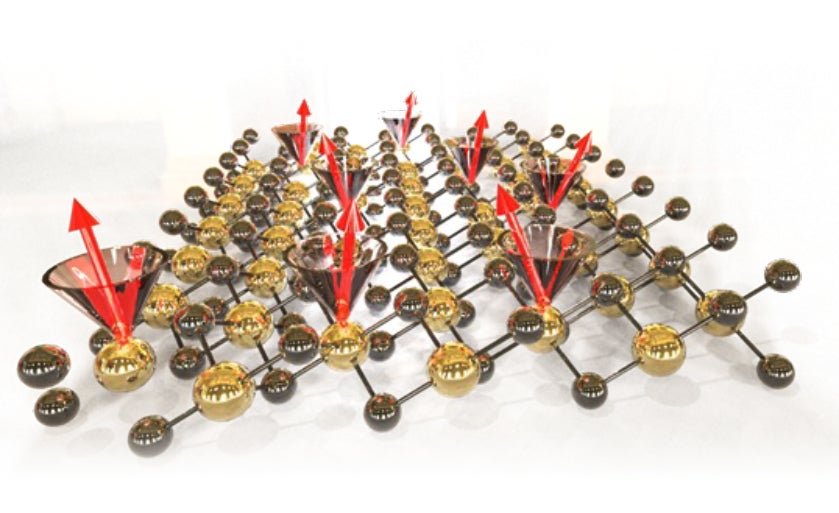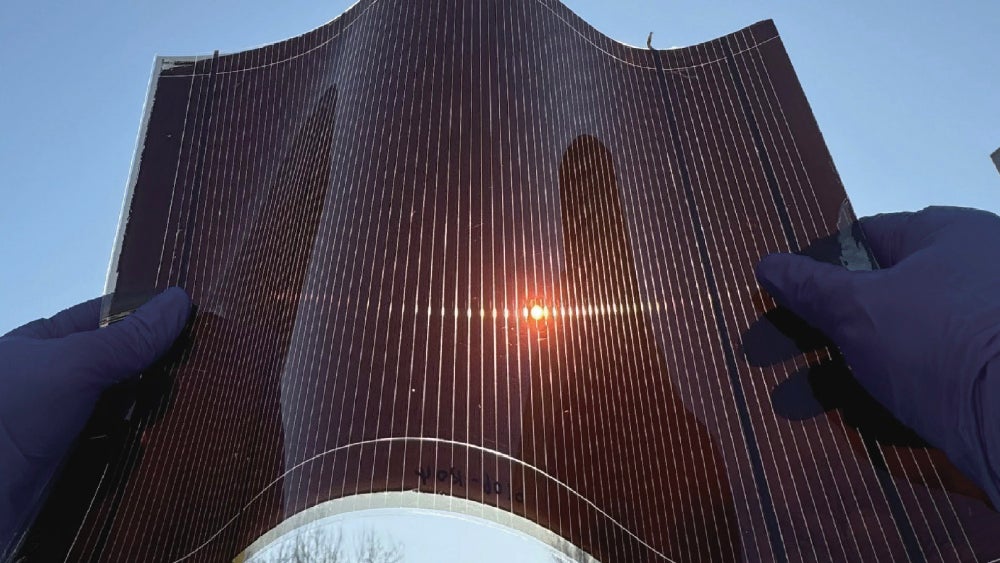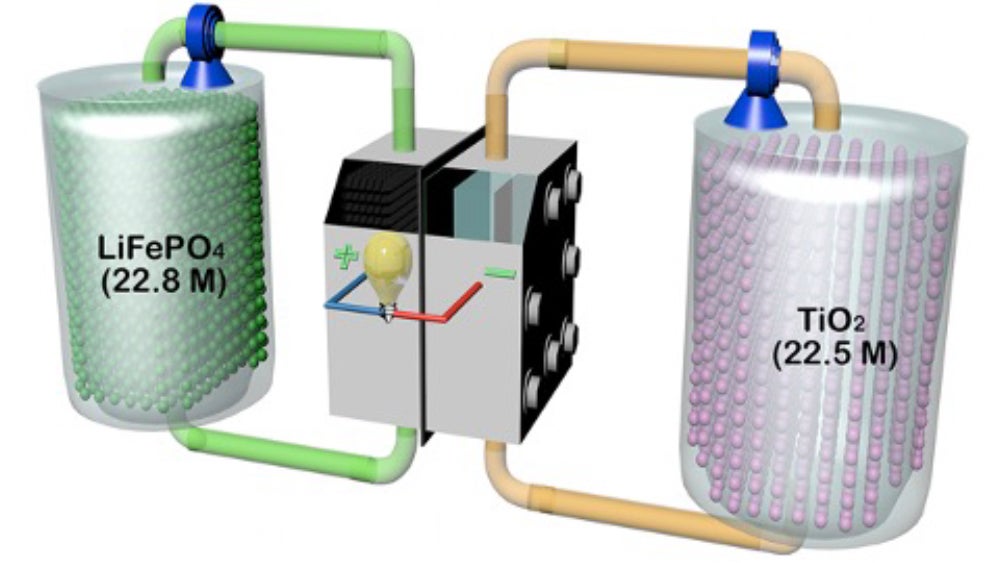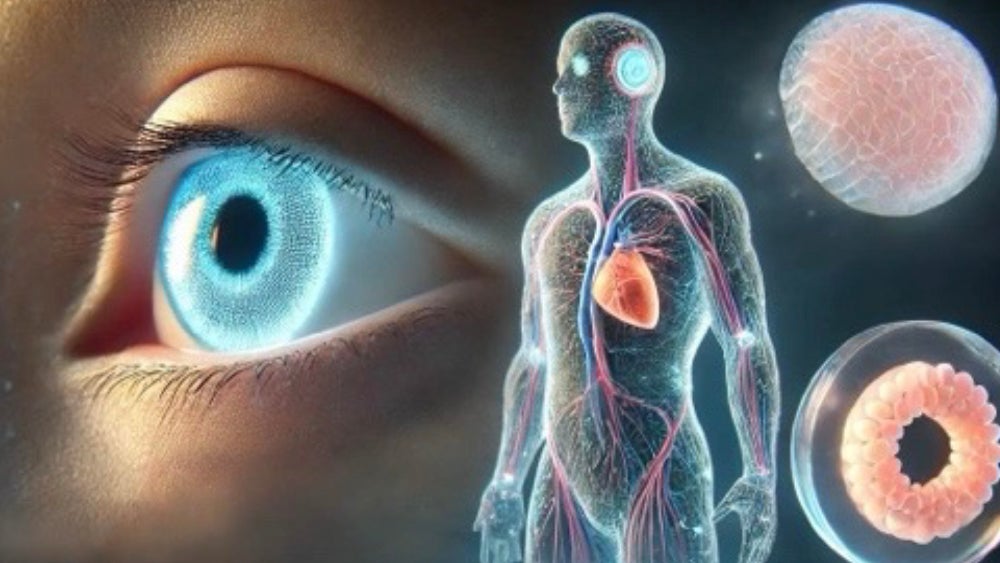Research Areas

Low-Dimension & Quantum Materials
The advancement of quantum materials has opened new frontiers in information processing, energy-efficient computing, and quantum technologies. The MSE department has established strong expertise in this field, focusing on novel 2D materials, van der Waals heterostructures, quantum dots, and superconducting circuits. Our researchers investigate fundamental quantum properties—such as spin and valley degrees of freedom—and leverage them for innovative applications in (opto)electronics, spintronics and quantum computing. Through state-of-the-art fabrication, and low-temperature electrical and optical characterizations, we have made significant contributions to the fundamental understanding of quantum matter. Additionally, our work extends to device integration and the development of novel quantum information processing architectures, laying the foundation for future technological breakthroughs.

Microelectronics & Optoelectronics
Microelectronics and optoelectronics are pivotal fields that drive the innovation of smaller, faster, and more efficient electronic and photonic devices, essential for advancing modern technology. The MSE department has been committed to the development of advanced spintronic materials, optoelectronic materials, and large area two-dimensional (2D) layered semiconductors, dielectric materials by advancing the physical vapor deposition (PVD), chemical vapor deposition (CVD) techniques and surface engineering strategies. With integration of spintronic materials, optoelectronic materials and 2D materials into silicon technology, we dedicate to develop advanced logic and memory devices with higher density, fast speed and more energy efficiency. There are also excellent works on hardware based neuromorphic computing, a kind of non-Von Neumann computing architecture which can implement energy efficient parallel computing.

Low Carbon Energy Conversion
The MSE department is at the forefront of sustainable technology, developing groundbreaking materials and devices aimed at tackling critical global energy and environmental issues. Our research covers a broad range of topics, including the development of hybrid solar cells that surpass the performance of traditional silicon-based technologies in both efficiency and cost-effectiveness. We are also pioneering new catalysts and fuel cells for green energy production, as well as creating polymer thermoelectric materials for energy harvesting. These efforts are grounded in core materials science principles and advanced characterization techniques, allowing for a comprehensive study of material properties and behaviors. By fostering cross-disciplinary collaboration, the department not only drives scientific innovation but also shapes the future workforce, training materials scientists and engineers equipped to tackle sustainability challenges ahead.

Electric Energy Storage
The global shift toward electrification and renewable energy has driven a surge in demand for advanced electrochemical energy storage solutions that strike a balance between high performance, sustainability, and scalability. The MSE department has cultivated a wealth of research expertise in this field, across a variety of battery technologies, including advanced lithium- and sodium-based batteries, aqueous zinc- and proton-based batteries, and redox-flow batteries. Through rigorous foundational studies and cutting-edge computational high-throughput materials screening, our researchers have made key advancements in critical materials, innovative design principles, and new battery systems. Our efforts also encompass engineering development and system-level integration of advanced battery systems and the recycling of end-of-life battery materials. These studies have fostered the creation of several start-up companies dedicated to commercializing the breakthroughs from our research.

Flexible Electronics and Biomaterials
Functional soft materials such as elastomers, hydrogels and ionic gels that are used in wearable electronics to monitor our health, diagnose diseases, or for implant devices have gained importance in our daily life, in particularly, with the increase of ageing population. At MSE, our strength lies in physical chemistry of soft materials, materials-biological materials interfaces, sensor and actuator, and devices.
We conduct innovative research in these areas:
- Hyper-elastic, ultra-tough hydrogels /ionic gels could be used as contact lens, soft or hard tissue replacement.
- Highly conductive hydrogels that match the mechanical characteristic of soft tissue could be used for implantable microelectronics for in-situ monitoring.
- Soft materials that are safe for human–machine interactions with a high brightness under maximum strain could be used for stretchable optoelectronic, and
- Triboelectric nanogenerator with ultrahigh triboelectric charge density could be used for self-powered sensor networks.

